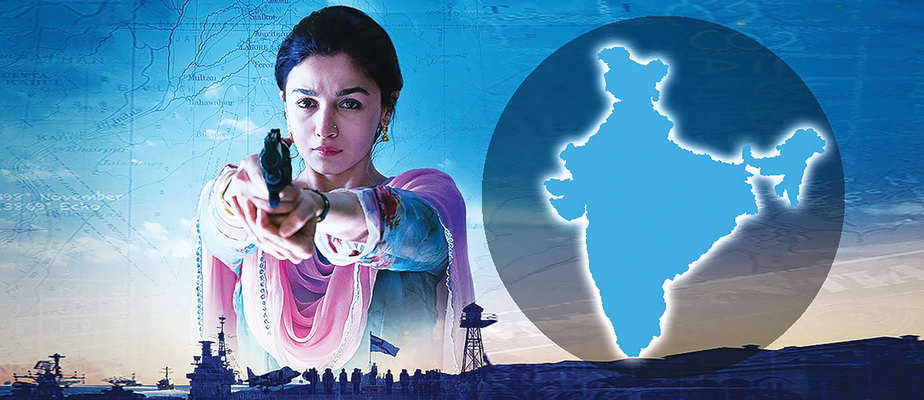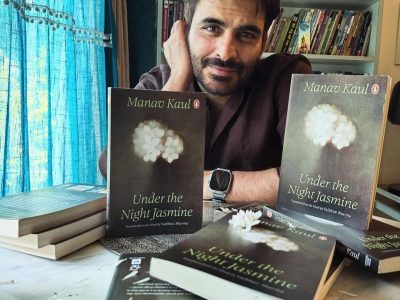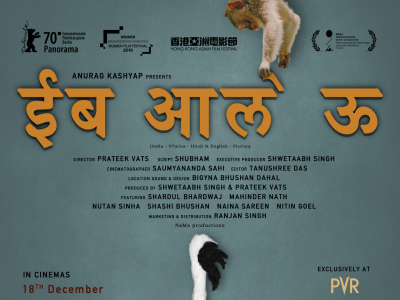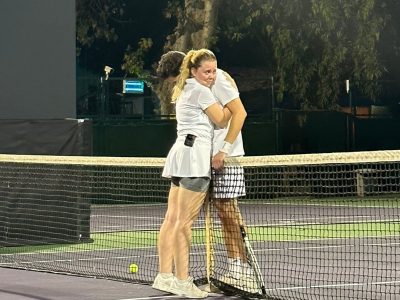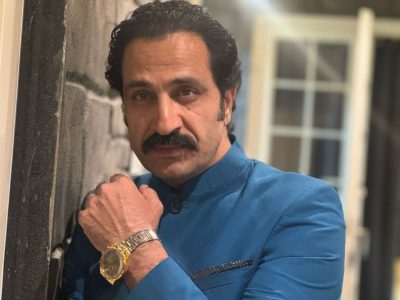We must not confuse loyalty to the nation with being an acolyte of the government of the day
On a pleasant Saturday evening, fighting the introvert within me, who wishes to stay home, I decided to watch Meghna Gulzar’s spy thriller, ‘Raazi’. Alia Bhatt and the kids on screen amplified the brilliance of Gulzar Saab’s poetry and Shankar-Ehsaan-Loy’s tune. I came home humming, ‘Aae watan, watan mere aabaad rahe tu, main jahan rahoon jaahaan mein, yaad rahe tu.’
‘Watan (nation)’, the word kept me up all night. What does it mean? Is watan a geographical entity? Or is it more of an Andersonian ‘imagined’ dream for a group of people?
Meghna Gulzar’s Raazi, as you may well be aware, is a slightly fictionalised account of a goofy, fragile yet resilient and patriotic 20-year-old Kashmiri girl, Sehmat.
A spy, she marries into the family of a senior Pakistani Army officer in the run-up to the 1971 India-Pakistan war. You see an almost timid girl, too afraid to look at her own blood in one of the early scenes, but bold enough to agree to join a near-suicidal mission during the course of the movie.
When her training is complete, her handler asks her why she’d agreed to join the mission. She answers: ‘Mujhe watan ke saamne kuchh nahi dikhta, khud bhi nahi, main hi toh Hindustan hoon’. At this point, Sehmat comes across as just another hand-to-heart patriot like the ones we have seen in so many other movies in the past.
In Raazi, I saw a fragile portrait emerge of a girl who fought not only with the ‘enemies’ but also herself because she loved and recognised the importance of preserving what was behind her, but without disregarding the tragic prospect of collateral damage that lay in front of her.
The act of harming was not co-extensive with her life as a patriot, it was rather an aberration in its course. The more I think about it, the more I’m convinced that you can never be a ‘good patriot’ without being a ‘good human being’ first.
Both our countries teach us how to hate each other well. A German thinker had rightly said, ‘a patriot is someone who loves his own country, a nationalist hates the other country’. I remember, as a child, Pakistan used to be synonymous with Dante’s Inferno or worse, the worst of the nightmares involved me stranded there and not being able to get out. Our school syllabus, movies and our pop culture celebrates the vilification of the artificial ‘Other’. We see bloodthirsty hawks every day on prime-time news baying for Pakistani blood. We see their chest-thumping reverberate so much that it deafens the ears of our conscience.
Dare I say, that as I grew up, I realised that, being an Odiya, I had more in common with a Bangladeshi in terms of food habits, language and attire than with a Tamilian or a Marathi. It confused me no end wondering why and how should I hate, or consider myself different from, a Bangladeshi. In Raazi, Sehmat struggles with a similar predicament. She speaks the same language as her parents-in-law, eats similar food and worships the same god, but, for some peculiar reason, she is expected to hate them.
The ‘real politik’ of national boundaries is an old conspiracy of the old guard to demonise the ‘Other’ across the border. The greater and more the hatred towards the ‘enemy’, the bigger and more powerful is the ‘national’ government and more dependent are the little patriots upon it, looking up from under its feet for shelter.
We forget that hatred comes with a price tag. Those who are forever ready to buy ‘war’ — sold to them by the media and their governments — must first check the cost of such an endeavour.
The price lies conspicuously in the form of a soldier’s coffin that comes home wrapped in the nation’s flag. That price tag is attached to a box of belongings delivered to the mother of a fallen soldier. It also lies on an empty chair at the head of a table where a young daughter is finishing her dinner without her father by her side.
President Kennedy, in his address to the American University, had made an important point about the then greatly strained US-USSR relations: “So, let us not be blind to our differences, but let us also direct attention to our common interests and to the means by which those differences can be resolved. And if we cannot end now our differences, at least we can help make the world safe for diversity. For, in the final analysis, our most basic common link is that we all inhabit this small planet. We all breathe the same air. We all cherish our children’s future. And we are all mortal.”
And indeed we, Indians and Pakistanis, also breathe the same ‘air’. Inhabit the same stretch of land, cherish our children’s future and we are all ‘mortal’. It is upon us if we want to pursue the howling howitzers or try and heal the shuddering shoulders.
Like Sehmat, in this time of ‘nationalistic’ paranoia, I choose not to ‘hate’. Like Sehmat, I believe watan is nothing without the people in it — “main hi toh Hindustan hoon”. A nation is not a deity, distinct from its ‘beings’. It is the sum of our most cherished dreams. In forging a nation, we do not need the cement of a common language, faith or food. That Pakistani, who lives across the border, tussles with the same problems as I do. She worries about her children as my mother did and wells up while singing the national anthem just as I do.
If Sehmat had lived in these times, would she plainly say, “Pakistan Murdabad!” Would the only test of her loyalty be, “Bharat mata ki jai!”? Would she be still considered a patriot if she were to question the government or would she be a ‘dervish among patriots’?
In one of the sequences in the movie, when Sehmat is teaching a song to the children in an Army school, she recognises that when they sang it, they prayed for Pakistan to be ‘aabaad’. She closes her eyes, puts her hand on her heart and uses the same song to pray for her watan, India. I hope we can write more of such songs which cannot only be sung here but across the border too and the combined symphony emanating shall beat the Number Nine.
This article was first published in Newslaundry

